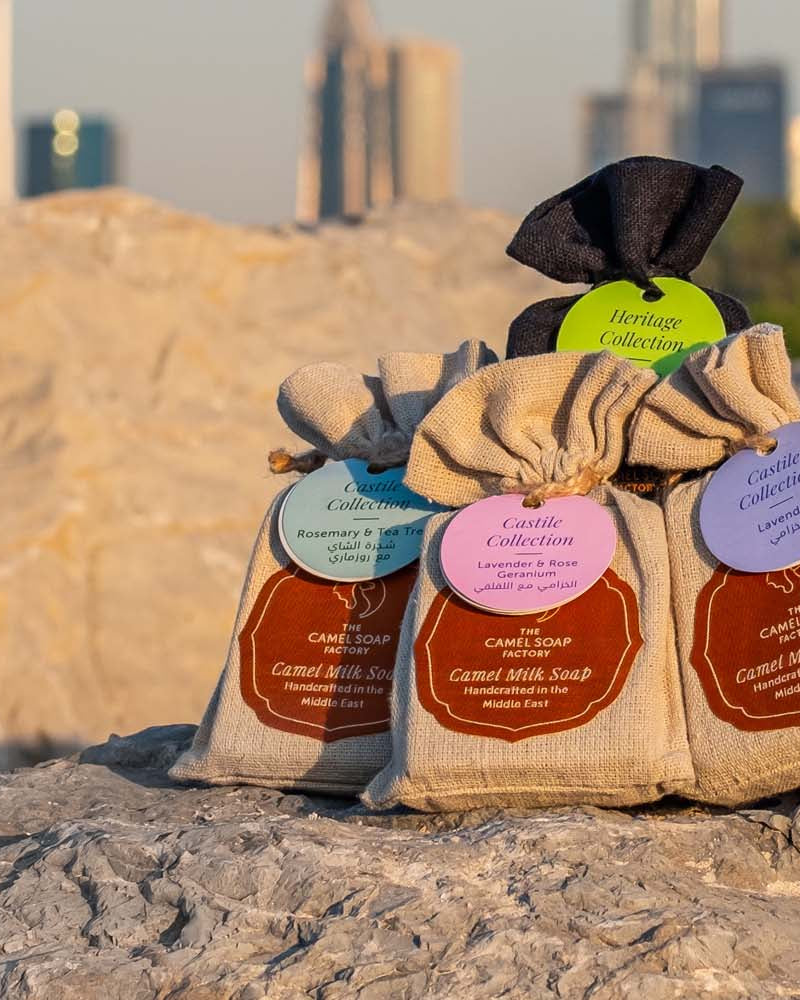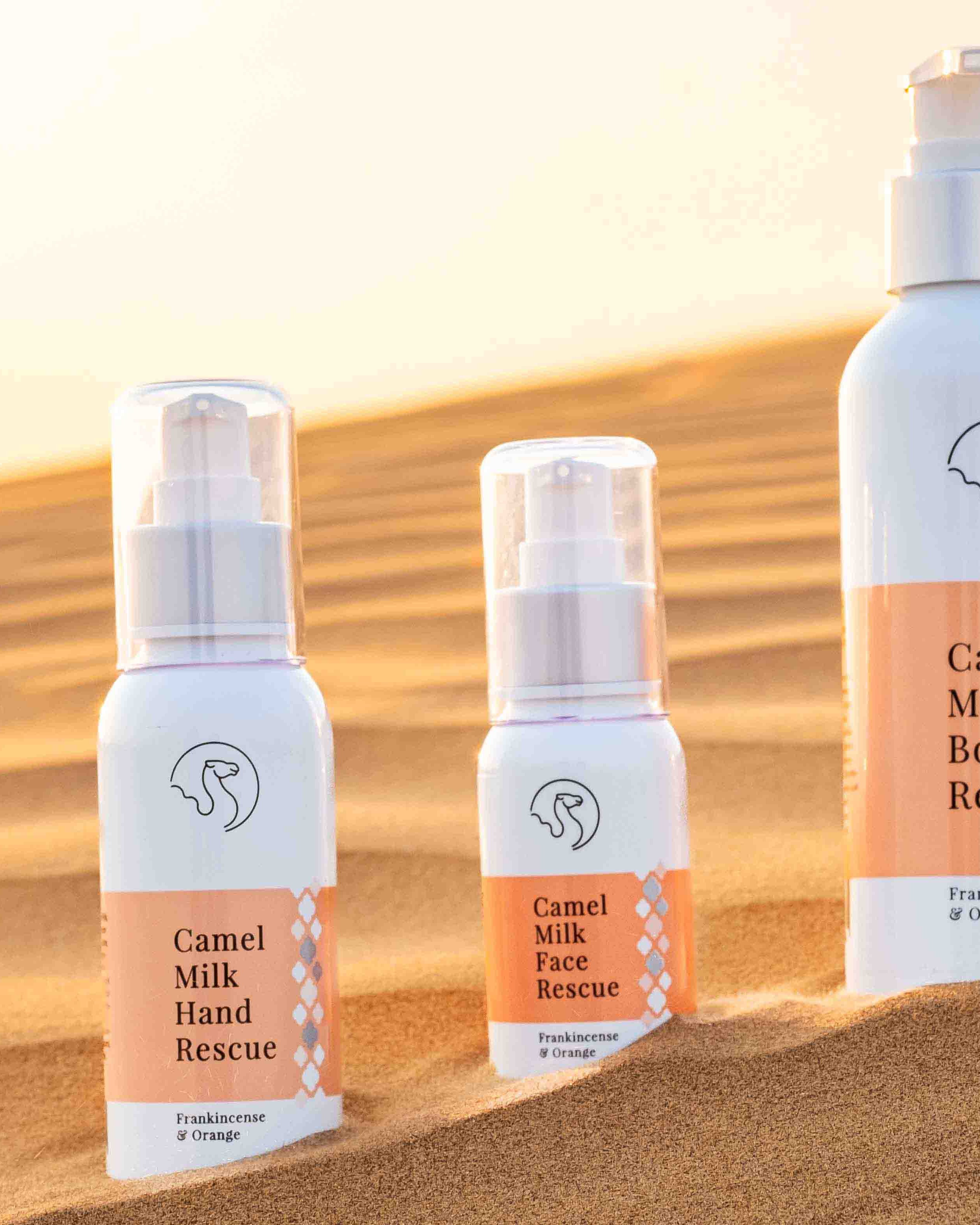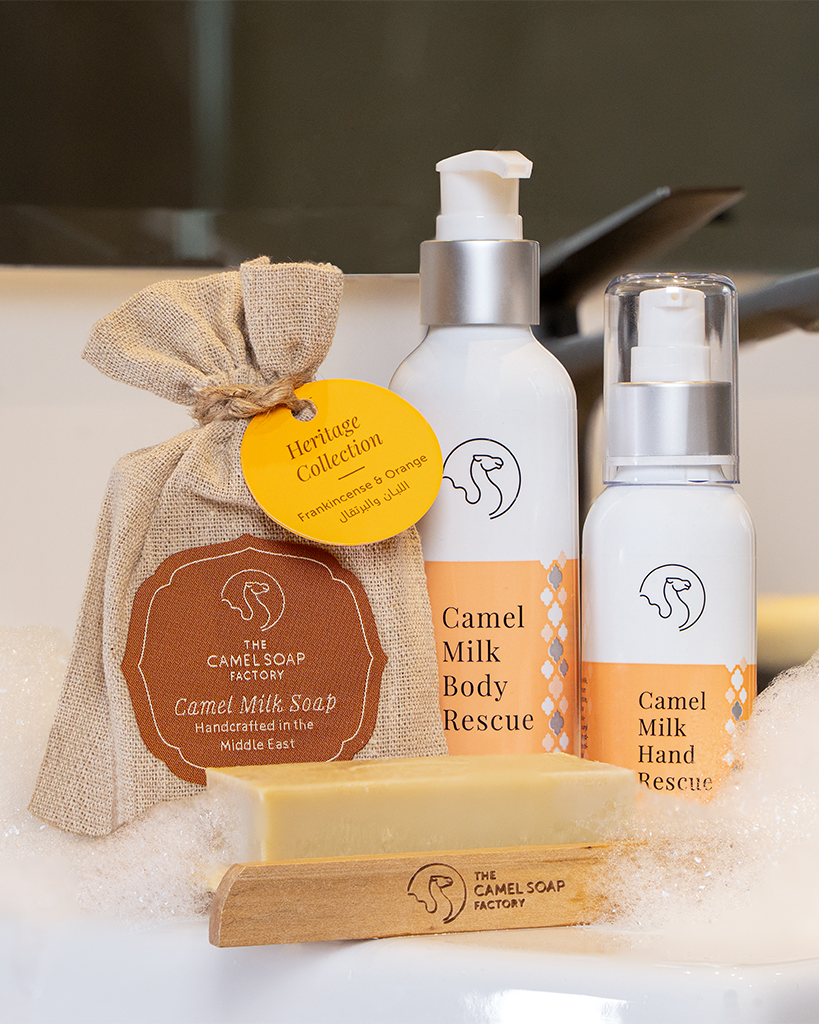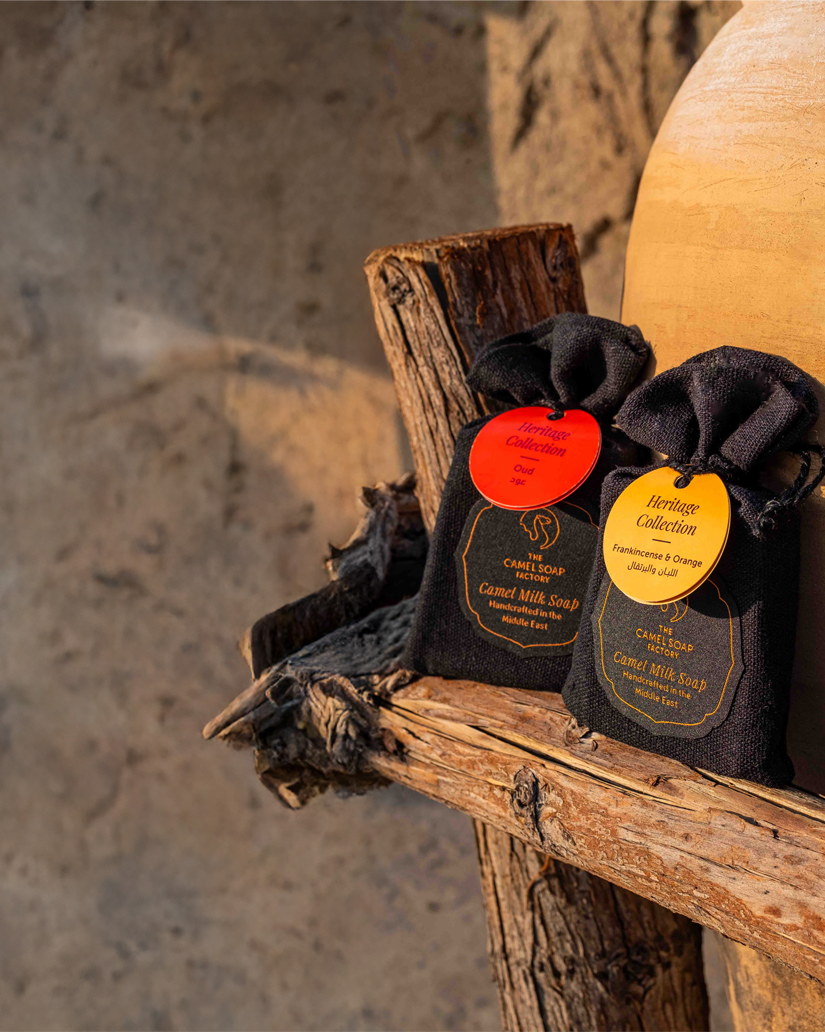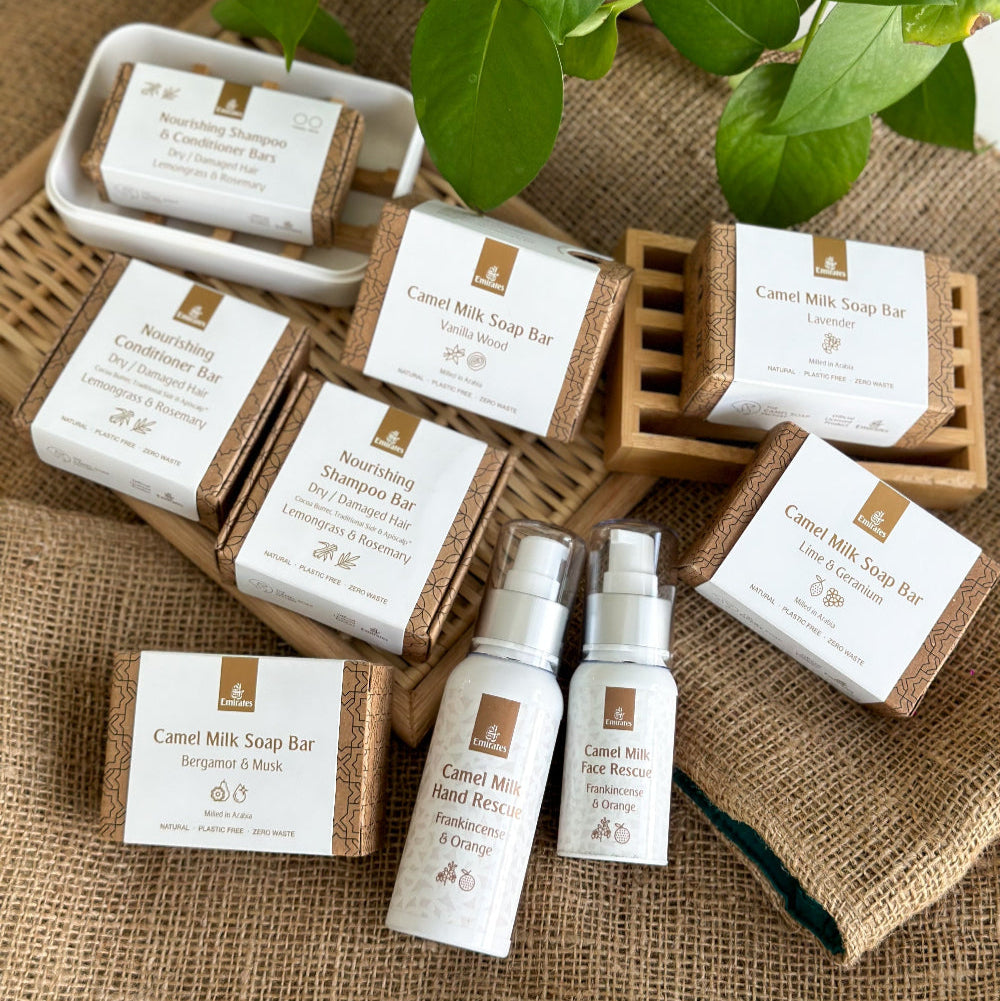Palm oil is a vegetable oil found in various daily products, including pizza, doughnuts and chocolate, deodorant, shampoo, toothpaste, and lipstick. The reason for its popularity in commercial applications is that it’s cheap to produce. Oil palms yield more oil per hectare of land when compared to other vegetable oils.
Palm oil is in close to 50% of the packaged products we consume

With global demand outstripping supply, palm oil plantations are continually expanding at the cost of rainforests in Indonesia and Malaysia, the world’s largest producers. This isn’t great news for endangered species such as the Sumatran and Bornean orangutan, Sumatran tiger, Sumatran rhino and Bornean and Sumatran elephant. If that wasn’t bad enough, deforestation also releases enormous carbon stocks within the land, which knocks a hole in the global fight against climate change. Also, forest conservation is not a top priority in the industrial production of palm oil. While it can be grown on non-forest land, companies find it more commercially viable to take over forest land since they benefit from selling timber from logged areas before establishing new plantations.
- Deforestation in biodiverse forests
- Destroying the habitat of endangered species
- Contributing to climate change
- Worker exploitation

The simple answer to this complex issue is: no. Because a critical point is deforestation and not palm. Even without palm, deforestation will continue. That is the nature of Big Business. To exploit cheaply available resources without really caring about the impact on wildlife habitats or local communities. Yet, a boycott on palm oil will lead to demand for other ‘acceptable’ vegetable oils, and the cycle will continue. More forest land will be appropriated for commercial use to make up for the gap in the vegetable oil supply.
Research shows that when palm oil is produced sustainably, with zero deforestation, the plantations can be a positive element in the local agroecological system, even attracting wildlife. The environment, workers’ rights, and the land rights of local people are all protected and livelihoods improved.

More and more people who see the bigger picture of palm oil are using various platforms to transform the industry. The focus is on the responsible production of palm oil and placing a hold on clearing forests. Worldwide, many companies have made zero-deforestation commitments.
The Roundtable on Sustainable Palm Oil (RSPO), a global body promoting the growth of and use of sustainable palm oil products, certifies plantations adhering to sustainable palm oil production practices. And here’s where we come in. While most of our products do not use palm oil, we see the need for it in our SADU range. We have come to this conclusion by weighing all the pros and cons. By ensuring we use only RSPO-certified palm oil sourced from sustainable plantations, we can produce a natural product that offers consumers a more luxurious lathery experience.
Today, about 20 percent of palm oil products worldwide are certified sustainable by the RSPO.

We support small companies like ourselves who sustainably produce palm oil. And we support all efforts to stop deforestation and the destruction of wildlife habitats. Because we are all part of the global chain of life. We believe we can still ethically do our business while supporting the livelihood of local communities and working towards a sustainable future for all living beings on the planet.
Shopping more consciously, checking if products are RSPO certified contributes towards a sustainable future.

